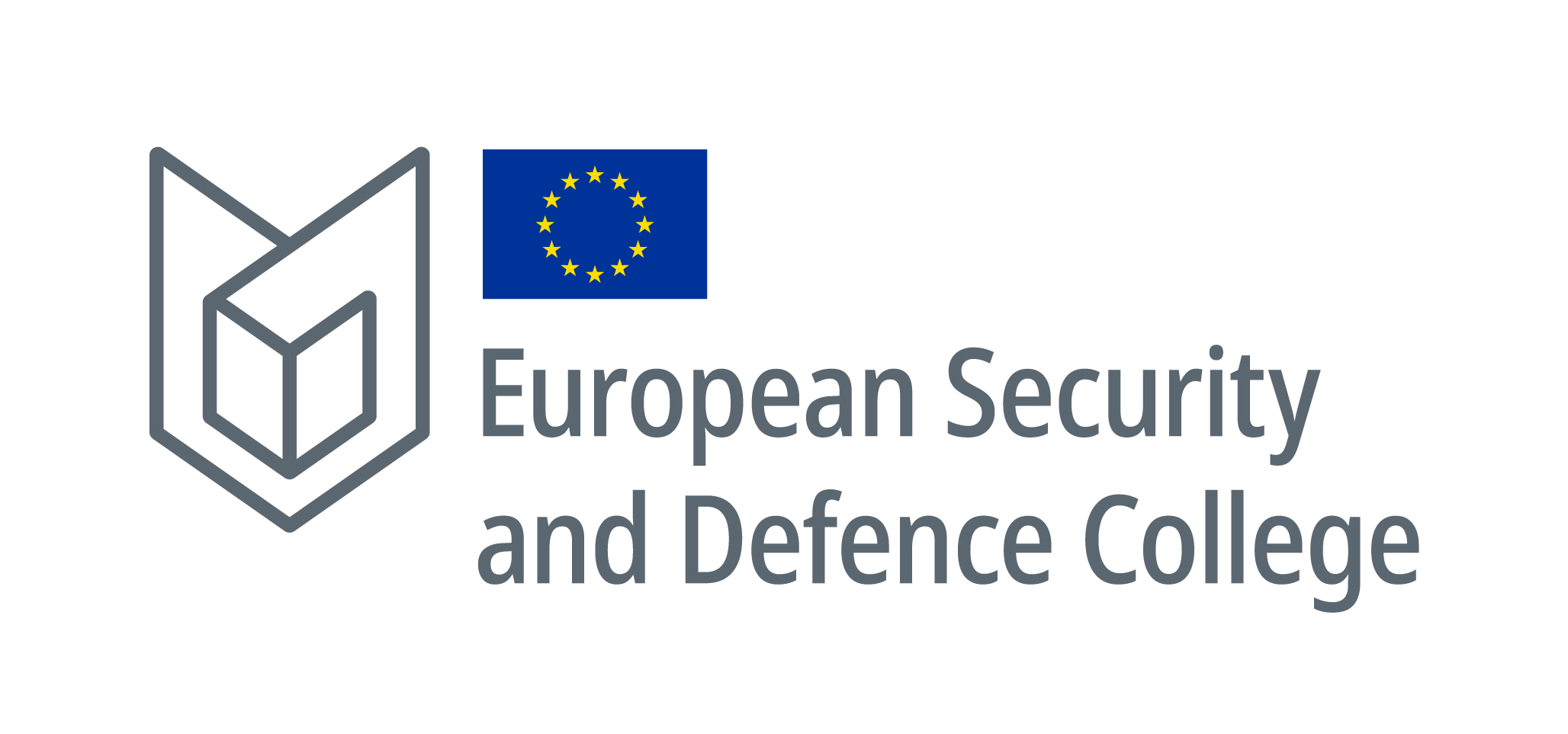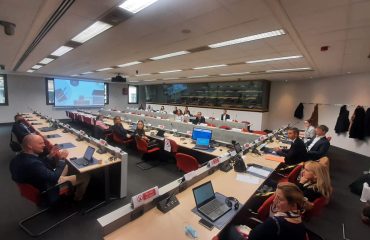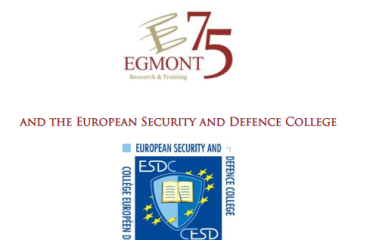 The training community is very familiar with the outcome-based approach to training and learning. We design and develop courses having in mind as concrete a result as possible: a visible change in learners’ behaviour. The aim is for participants to leave the course more knowledgeable than they were at the beginning, more skilful and responsible than they were on day 1 of the course. We measure this using various evaluation means such as tests. But how many of us really plan for and measure the changes in attitude at the end of a course?
The course hosted by the Bulgaria-based Crisis Management and Disaster Response Centre of Excellence, in co-operation with the Diplomatic Institute to the Minister of Foreign Affairs of the Republic of Bulgaria, managed to pinpoint the knowledge, skills and attitudes that could open up avenues for subsequent responsible actions.
The training community is very familiar with the outcome-based approach to training and learning. We design and develop courses having in mind as concrete a result as possible: a visible change in learners’ behaviour. The aim is for participants to leave the course more knowledgeable than they were at the beginning, more skilful and responsible than they were on day 1 of the course. We measure this using various evaluation means such as tests. But how many of us really plan for and measure the changes in attitude at the end of a course?
The course hosted by the Bulgaria-based Crisis Management and Disaster Response Centre of Excellence, in co-operation with the Diplomatic Institute to the Minister of Foreign Affairs of the Republic of Bulgaria, managed to pinpoint the knowledge, skills and attitudes that could open up avenues for subsequent responsible actions.
 Beyond their informative dimension, training activities can trigger attitudinal changes. Through moving films and examples showing the catastrophic effects of climate change on human communities, the speakers on this course succeeded in taking the learning to a higher level.
But the course was not only about emotions. A powerful strategic game was deployed by The Hague Centre for Strategic Studies, to improve understanding of the capabilities required to provide support in situations where security has been impacted by climate change. Using five hypothetical scenarios as a backgrounder (Deltas under pressure in Africa; Heat in the city in Southern Europe; Long-term drought in the Middle East; First Small Island Developing State disappears; and Warming Arctic), the course participants, split into two groups, had to analyse and prioritise no less than 46 capabilities relevant to climate change, across the response spectrum for the diplomatic, informational, military and economic contexts
Beyond their informative dimension, training activities can trigger attitudinal changes. Through moving films and examples showing the catastrophic effects of climate change on human communities, the speakers on this course succeeded in taking the learning to a higher level.
But the course was not only about emotions. A powerful strategic game was deployed by The Hague Centre for Strategic Studies, to improve understanding of the capabilities required to provide support in situations where security has been impacted by climate change. Using five hypothetical scenarios as a backgrounder (Deltas under pressure in Africa; Heat in the city in Southern Europe; Long-term drought in the Middle East; First Small Island Developing State disappears; and Warming Arctic), the course participants, split into two groups, had to analyse and prioritise no less than 46 capabilities relevant to climate change, across the response spectrum for the diplomatic, informational, military and economic contexts
 It was interesting to note that both groups reached similar conclusions and proposed three similar top priorities. The course participants agreed that the most critical capability at the strategic level, relevant to all five scenarios, is the ability to bolster our own and other governments’ participation in international climate agreements in order to reduce climate change. A top-down approach is essential. However, the second and third priorities were identified as the ability to trigger a bottom-up understanding of the problem and the ability to increase public support for climate change adaptation measures.
It was interesting to note that both groups reached similar conclusions and proposed three similar top priorities. The course participants agreed that the most critical capability at the strategic level, relevant to all five scenarios, is the ability to bolster our own and other governments’ participation in international climate agreements in order to reduce climate change. A top-down approach is essential. However, the second and third priorities were identified as the ability to trigger a bottom-up understanding of the problem and the ability to increase public support for climate change adaptation measures.




